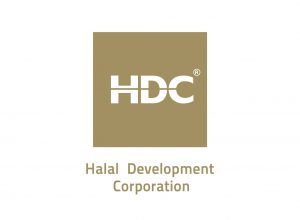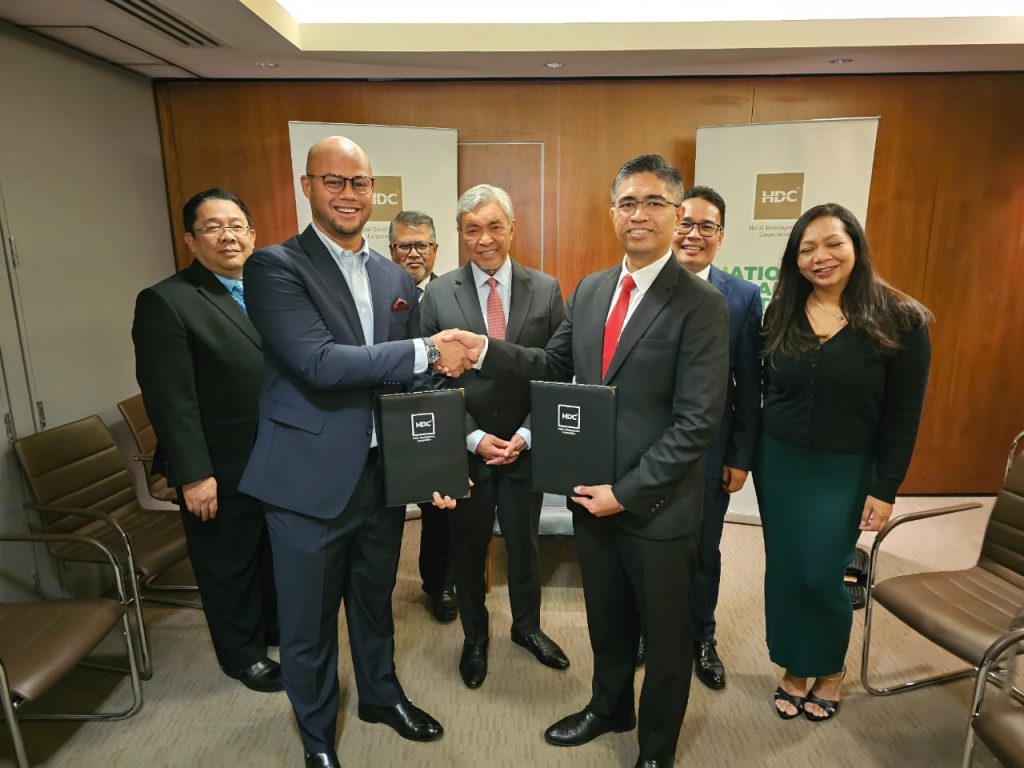Local
efforts to increase the production and availability of halal food have
be lauded by the hosts of the recent 3rd World Halal Forum (WHF) held
at the Kuala Lumpur Convention Center in Malaysia.
“We were
especially congratulated by Malaysia Prime Minister Abdullah bin Haji
Ahmad Badawi after sharing our advocacy and awareness programs for the
Philippine tourism industry. Being a part of the forum was a strategic
step in putting the Philippines in the map of global affairs,” said Ace
Durano, Secretary of Tourism.
The two-day
World Halal Forum brought together policy makers, community leaders,
Islamic scholars and business decision makers from more than 50
countries around the world.
This year’s
theme, Sustainable Development through Investment and Integration,
focused on increasing the levels of business interest, innovation and
global collaboration in the multi-billion dollar industry.
The Department
of Tourism (DOT) Director for Special Concerns Shahlimar Hofer Tamano
represented the Philippine delegation comprised of other
representatives from the Departments of Trade and Industry,
Agriculture, Health, and Science and Technology, as well as the
Presidential Office on Muslim Affairs.
“The country’s
participation in the WHF was timely as it allowed the Philippines to
take a more active role in the international discussion on halal,”
Tamano said.
The DOT
currently implements a country-wide program that advocates the
preparation and presentation of halal meals and food products among
hotels, restaurants, resorts and airlines.
To date, the
Department has conducted meetings with the management of Hyatt Hotel,
Makati-Shangrila and Sofitel Hotel. Information exchanges with Egypt,
Indonesia, Saudi Arabia, Malaysia and Turkey have likewise occurred.
“We plan to
organize seminars for the hotel and restaurant sector, and a National
Halal Convention for our stakeholders this year. The department is also
drafting up the design for a Halal Culinary Festival,” Tamano shared.
The Philippine
National Standards on Halal Food was formalized in March this year,
laying out the specifics of processing, preparing and handling the
ingredients used in meals and food items in accordance to Islamic laws
and teaching. The guidelines were crafted by the Philippine Halal
Accreditation Board.
The
DOT is optimistic that the Philippine National Halal Standards will
help the country tap the 1.9 billion global Muslim population for
potential tourists, making the islands a premiere tropical destination
that is also sensitive to the cultural and religious beliefs of
international travelers.
|






